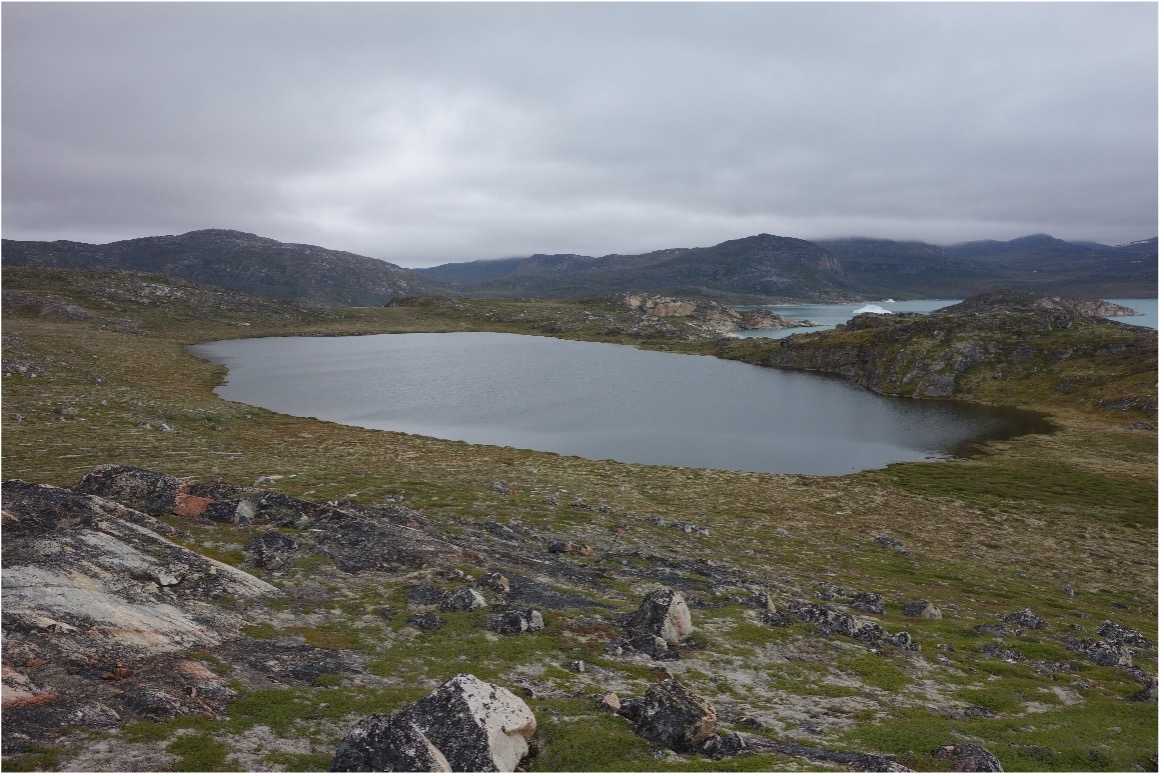Geography Available Research Project
Communicating Flood Risk
Project overview
As impacts of climate change intensify, flood risk is increasingly part of life in the UK and elsewhere. Yet, ‘risk’ is an inherently complicated concept, and is experienced and perceived unevenly. Risk involves dimensions of vulnerability, hazard, and exposure, each of which is difficult to quantify and compare. Moreover, perceptions of risk are informed as much by lived experience and cultural values as by scientific knowledge and data-driven forecasts. This socio-cultural understanding of risk therefore comes into conflict the with uncertain numerical predictions from hydrological simulation models and can lead to unintended consequences, such as inaction in the face of flood warning.
This project would integrate methods and concepts from human and physical geography to better understand tensions between perceptions of risk, flood communication tools, and management strategies. Using a local case study approach, the study may investigate questions such as:
- To what extent do flooding forecasts and other forms of data inform understandings of flood risk?
- How do community members from different demographic groups conceptualise flood risk and use flood risk science differently?
- How do people situate flood risk in relation to other kinds of risk?
- How are perceptions of flood risk changing (for example, post-Covid 19)?
The aim of this research is to build a more robust understanding of perceptions of flood risk such that flood risk communication can be better tailored to local and varied needs. This outcome may take the form of improved flood alert communication within communities, mobile app or web mapping based approaches.
If you are interested in this project please contact the lead supervisors:
Dr Jessica Lehman (jessica.lehman@durham.ac.uk)
Dr Sim Reaney (sim.reaney@durham.ac.uk)
Available Research Projects
See all of the currently available research projects that are recruiting students.
Research Masters
Our Research Masters provides an opportunity to develop your research expertise and advanced skills. Pursue your own top or collaborate on a project designed by a supervisor in our world-leading research environment.
Contact Us
Founded in 1928, the Department of Geography at Durham University is one of the leading centres of geographical research and education in the world.
Department of Geography
Postgraduate Study
Durham University
Lower Mountjoy
South Road, Durham
DH1 3LE, UK
Tel: +44 (0)191 33418000


/prod01/prodbucket01/media/durham-university/departments-/geography/Matt_Couchmann-3872X1296.JPG)




